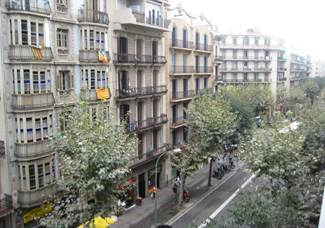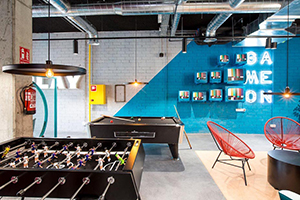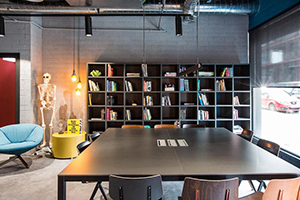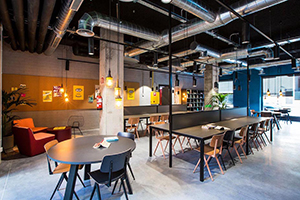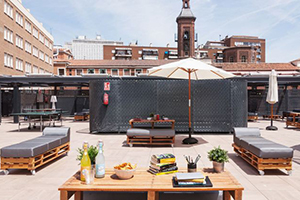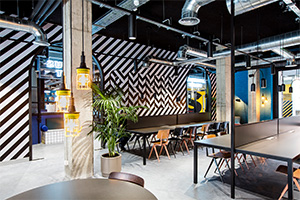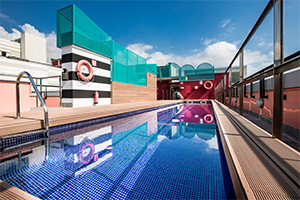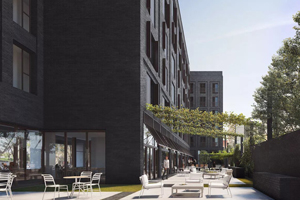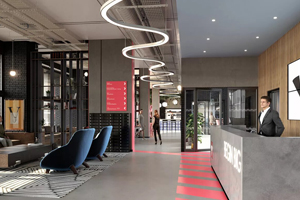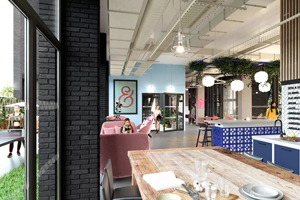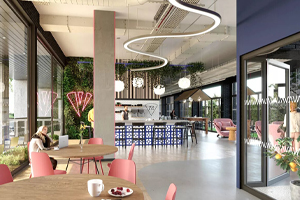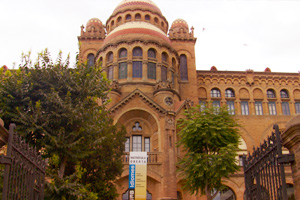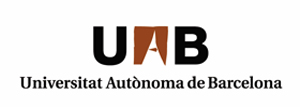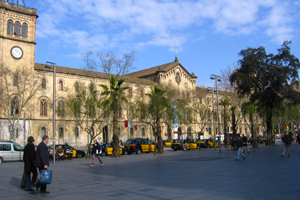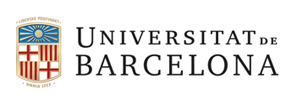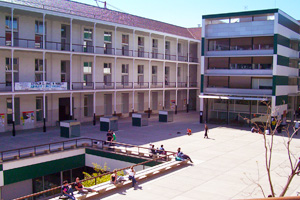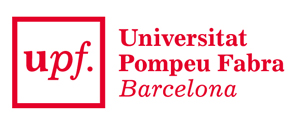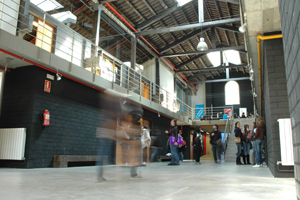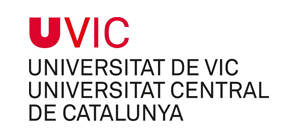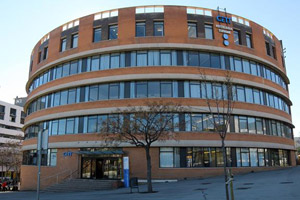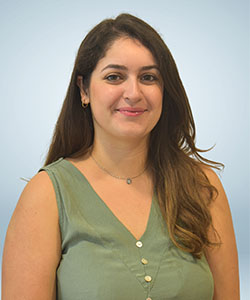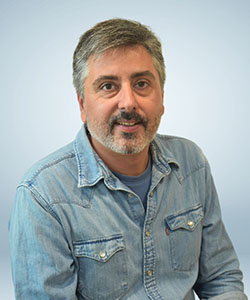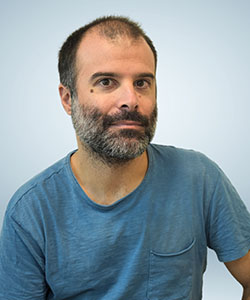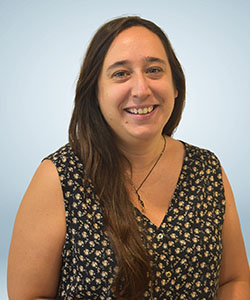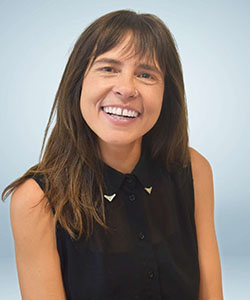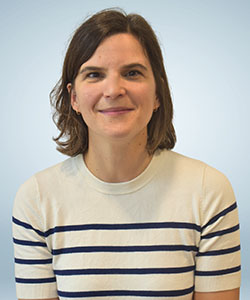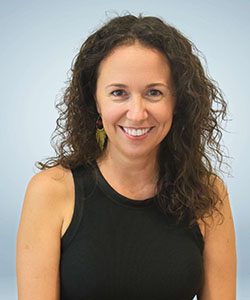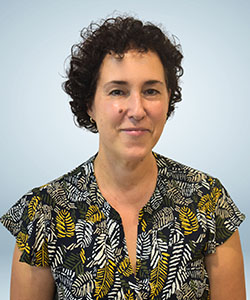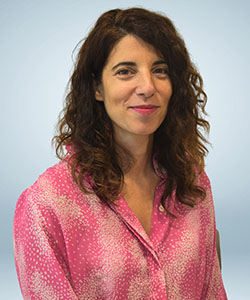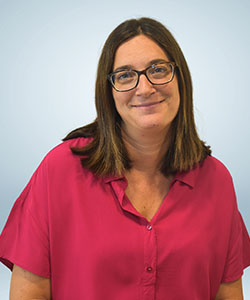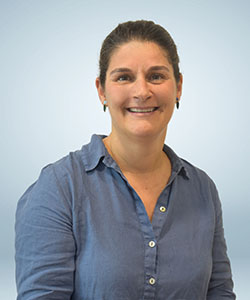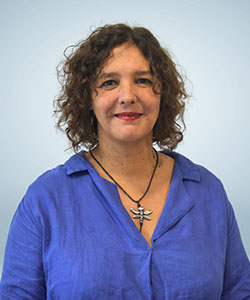CETT - University of Barcelona
CETT-University of Barcelona (CETT-UB) is the University of Barcelona’s School of Tourism, Hospitality and Gastronomy. Over the past 50 years, CETT-UB has become the international gold-standard for academic excellence in the fields of tourism studies, hospitality management, and gastronomy. The school is very closely linked to the tourism, hospitality, and gastronomy industries on national and international levels, through projects, research, professors, and partnerships. All CETT-UB professors have been or are currently active in the tourism, hospitality, and gastronomy industries, bringing real world experiences and knowledge to the classroom. CETT-UB actively participates in the sustainable development of the industry through education, research, innovation, and expert knowledge.
CETT-UB offers undergraduate and postgraduate degrees, professional training, and continuing education for active professionals through its own educational model recognized by the European Higher Education Area (EHEA). Programs are delivered in close collaboration with professors from the University of Barcelona and professional experts from the industry.
Students enjoy access to state-of-the-art classroom facilities, demonstration and training kitchens, and student-run onsite restaurant and coffee shop.
Classes are taken at the CETT-UB Campus located 25 minutes by metro from the CEA Barcelona Center.
Accreditation
CETT – University of Barcelona (CETT-UB) is an affiliated center of the University of Barcelona, dedicated to the education, research, and knowledge transfer in the fields of tourism, hotel management, and gastronomy. CETT-UB is recognized by the Spanish Ministry of Education as a degree-granting institution of higher learning.
Grading
The Spanish grading system is based on a scale of 10, as opposed to 100 in the U.S. system; however, grading varies from subject to subject. For example, in mathematics, a student may receive a 10 for completing all the problems correctly, whereas in the humanities, a 7 on an essay is considered very acceptable. Grading in Spain can be severe, and grades of 9 and 10 are rare. Transcripts from Spanish universities list both numerical and verbal grades.
We have found verbal grades to be more universal and reliable when determining U.S. grade equivalents. Therefore, even though a numeric grade is listed, we rely primarily on the verbal grade, since the verbal grading scale is consistent across Spanish universities.
Per the CETT - University of Barcelona, interpretation of the Spanish grading scale is as follows:
| Spanish Numerical Grade |
US Verbal Equivalent Definition |
Spanish Verbal Equivalent Definition |
US Letter Equivalent |
| 9 - 10 |
Excellent |
Excellent |
A |
| 7 - 8.9 |
Outstanding |
Notable |
B |
| 5 - 6.9 |
Pass |
Aprovat |
C |
| 0 - 4.9 |
Fail |
Suspens |
F |
| NP |
Not Present |
No Presentat |
- |
Classroom and Information
- Internationally experienced faculty with extensive experience in the industry
- Homework assignments and final exams will be administered.
- Attendance in all classes is mandatory
- Teaching styles in Spain may differ from those in the U.S. Be prepared to adapt to the CETT-UB’s classroom structures and coursework expectations.
- Class size ranges between 10-40 students.
- You will attend class with local students in English
Amenities
- Clubs & Organizations
- Student Government
- Student Center
- Student Lounge
- Study Room
- University Library
- Computers
- Printing Facilities
- Student ID
- Multi-Media
- Internet Access & Wi-Fi
- Academic Advising
- Tutoring
- Language Exchange with Local Students
- Student Sports Teams
- Cultural Engagement
- Dining Facilities
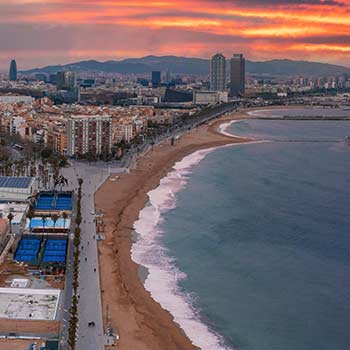
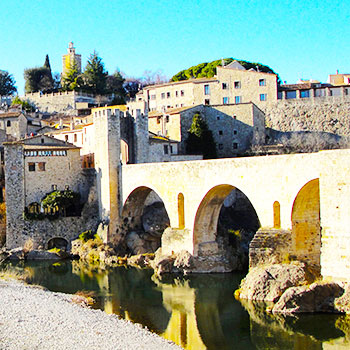
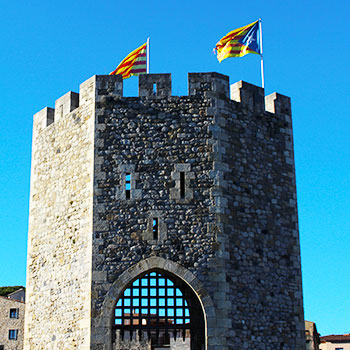

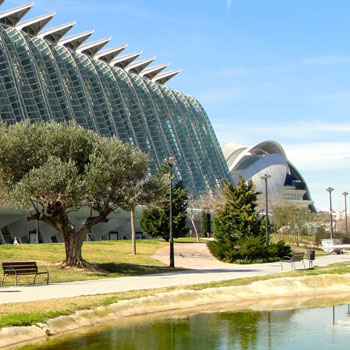
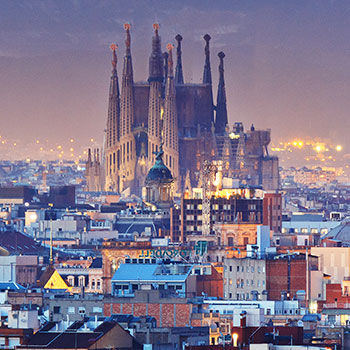


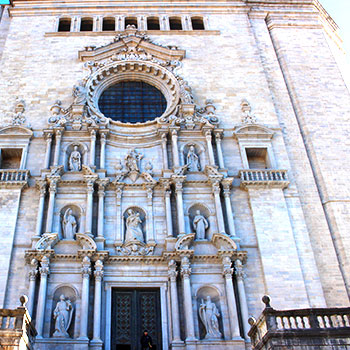

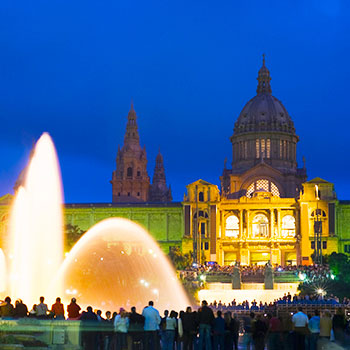
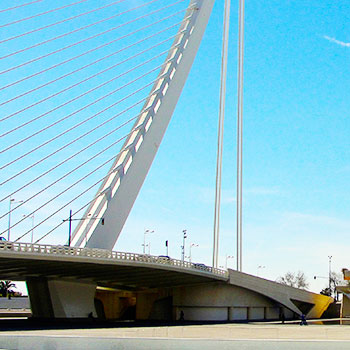

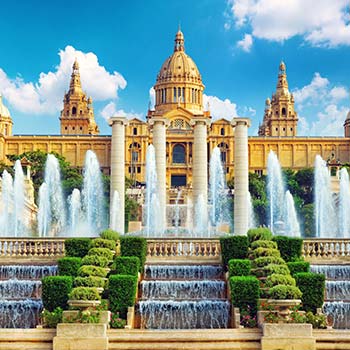
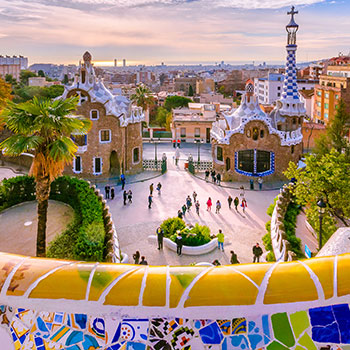



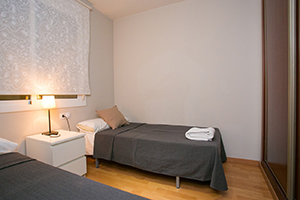
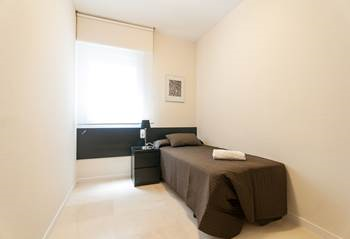
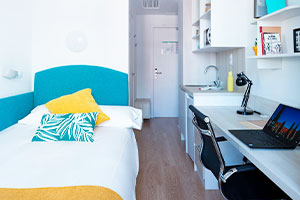
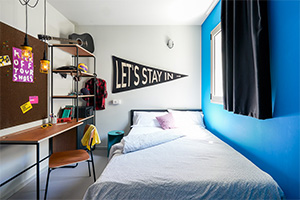
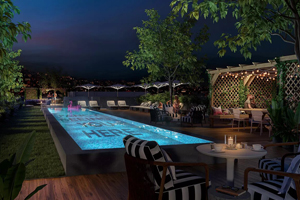
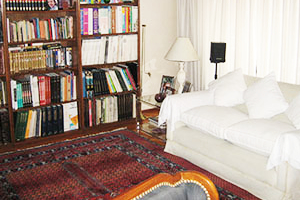

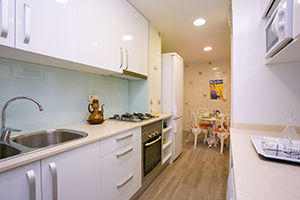


.jpg)

